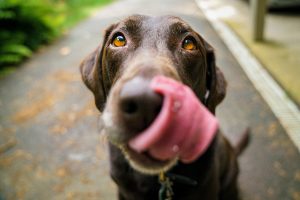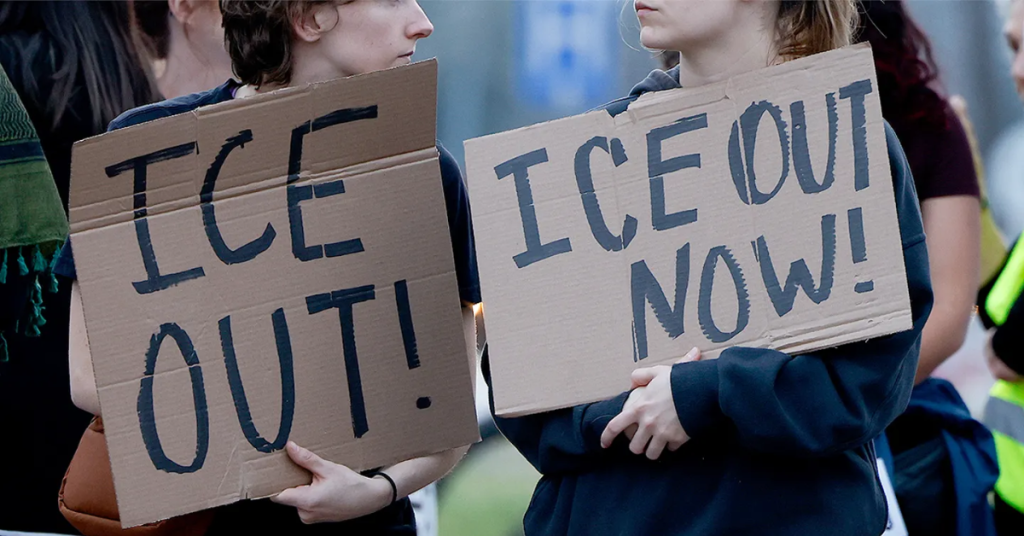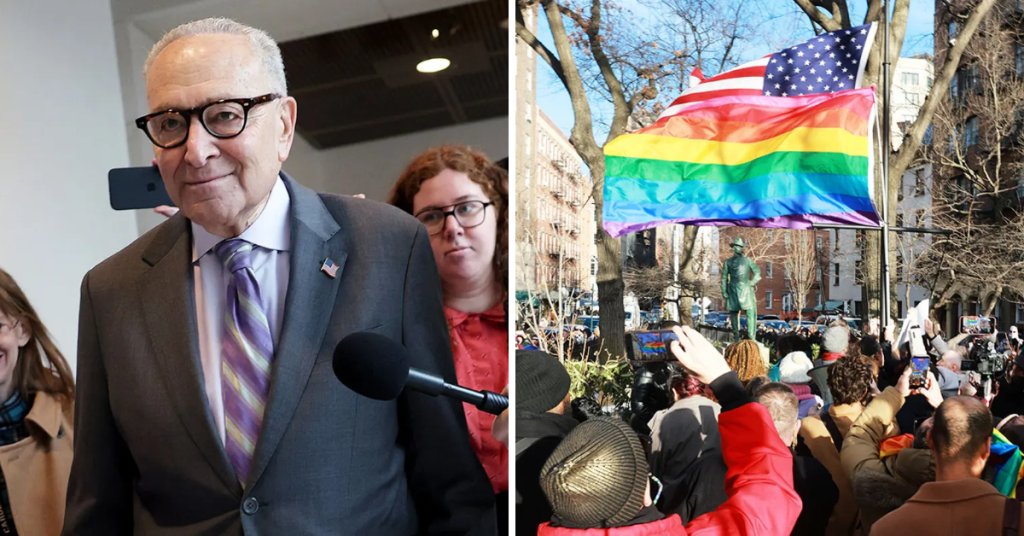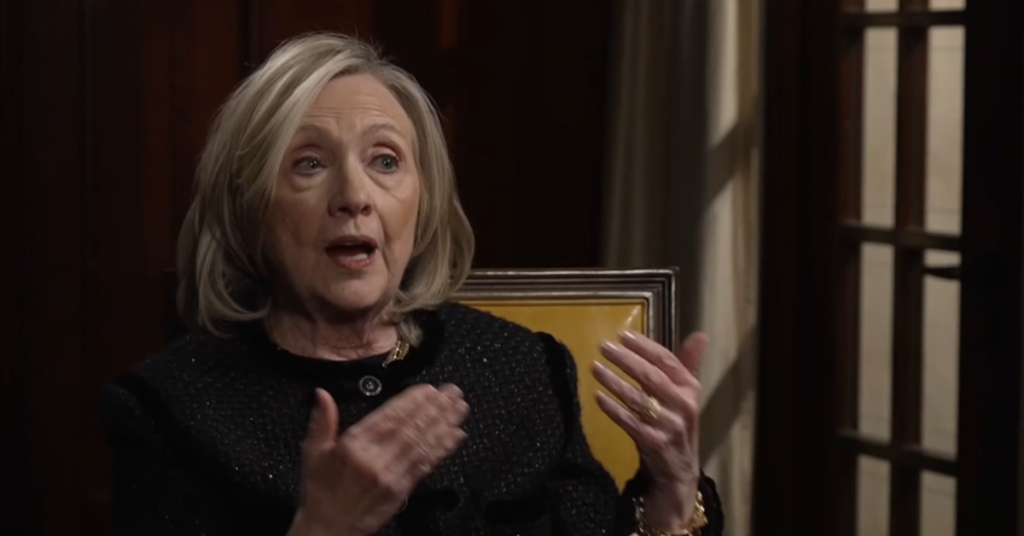Dogs can sense fear, but can they detect the truth? It turns out they might be smarter than we think. Research led by Akiko Takaoka at Kyoto University shows that dogs are quite skilled at understanding human behavior and can tell if you’re being truthful or not.
In the study, researchers used a familiar trick to test the dogs. People know that if you point to something, dogs will follow the direction. So, in the experiment, they pointed to a container with hidden food, and the dogs went straight to it. Later, they pointed to a different container that was empty. The dogs ran to this container too, only to find there was no food inside.

The third time researchers pointed to a container with food, the dogs didn’t go to it. They had learned from their previous experience that the person pointing wasn’t trustworthy. Out of 34 dogs in the experiment, all of them ignored the container on the third try. This suggests that dogs can detect dishonesty, or it could mean they have serious trust issues.

In other words, if you lie to your dog, they’ll start to distrust you and act accordingly. “Dogs have more advanced social intelligence than we previously thought. This intelligence developed over their long history with humans,” said Takaoka, who was surprised by how quickly dogs learned to distrust unreliable people.
John Bradshaw from the University of Bristol, who wasn’t involved in the study, notes that the results suggest dogs value predictability. When gestures are inconsistent, dogs often become nervous and stressed. The researchers plan to repeat the experiment with wolves, which are closely related to dogs, to explore the “profound effects of domestication” on dogs without risking bites.
A similar study was carried out with preschool-aged children by a research team led by Kimberly Vanderbilt from the University of California, San Diego. The experiment, conducted across various ages, revealed that 3-year-olds accepted advice from known liars as readily as they did from truthful individuals. In contrast, older children showed a clear ability to differentiate between truth-tellers and liars. Four-year-olds were more cautious, while 5-year-olds preferred advice from those who were honest.



